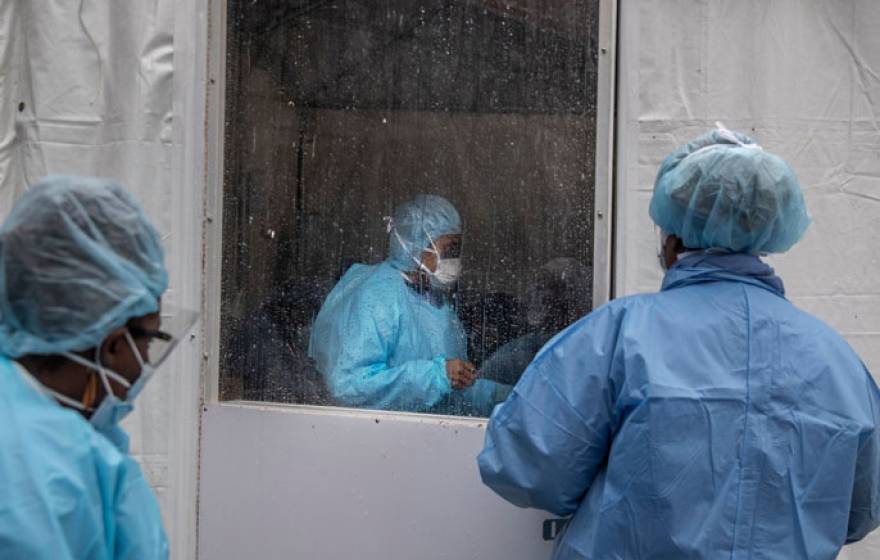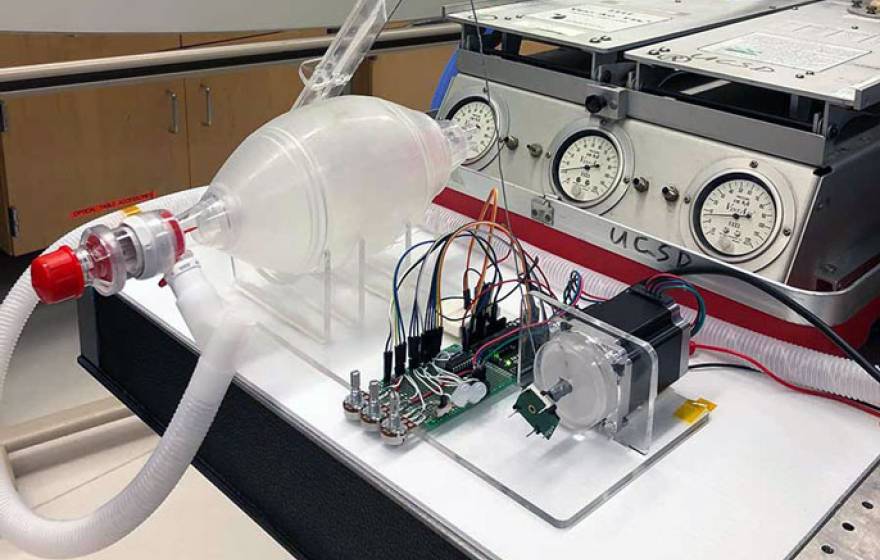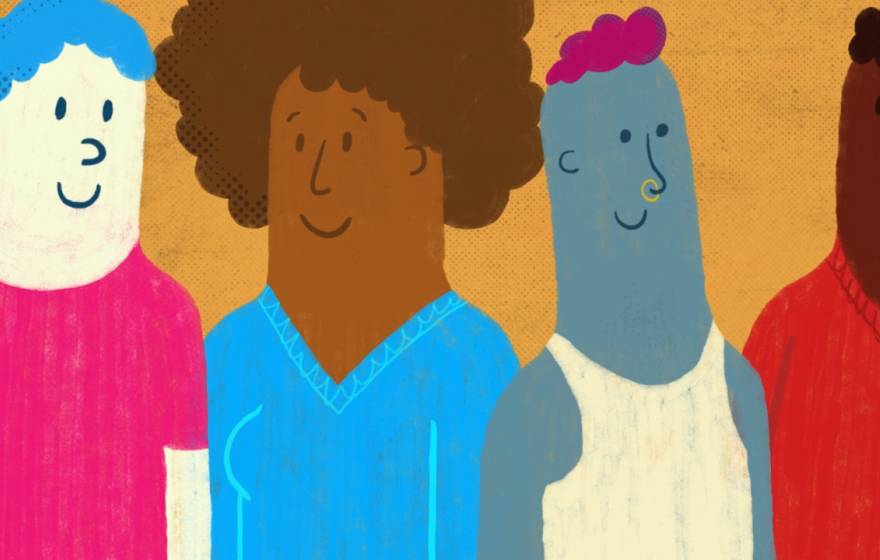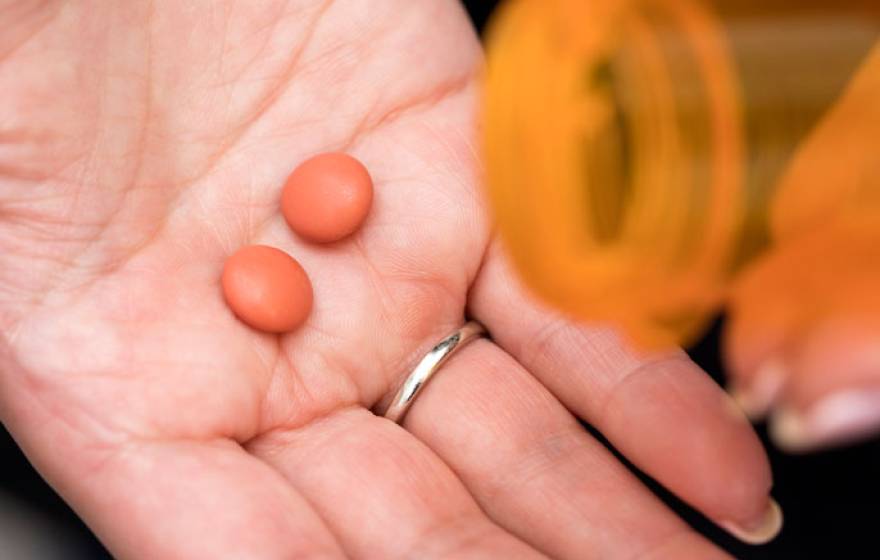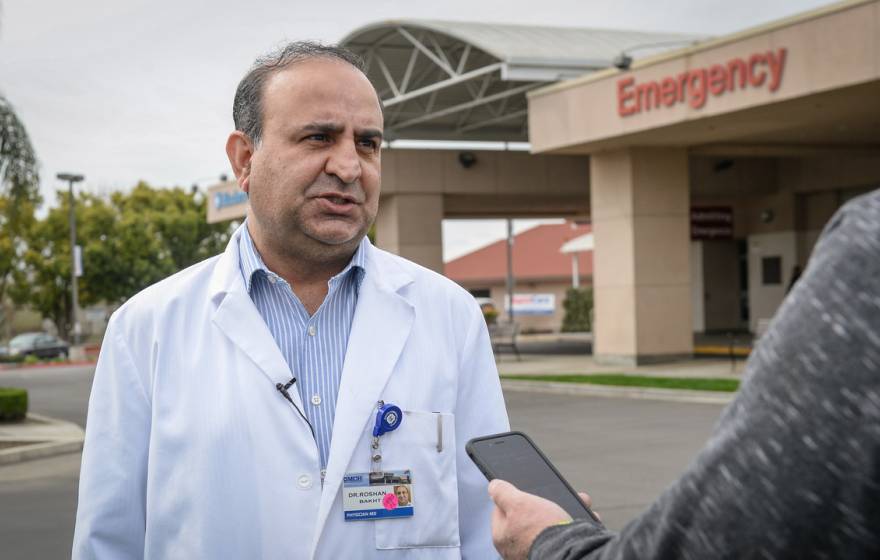A filing on Friday urged the Supreme Court to consider the nearly 27,000 young undocumented immigrants known as Dreamers who work in health care, many on the front lines of the coronavirus pandemic.
‘Dreamers’ tell Supreme Court ending DACA during pandemic would be ‘catastrophic’
Undocumented immigrants working on pandemic's front lines fear for health and home
DACA recipients speak to their fears and hopes as front-line responders to the coronavirus epidemic.
Coronavirus is making young adults sick — and spreading through them
“It’s important that younger adults understand that they are part of the solution,” said Dr. Kirsten Bibbins-Domingo.
UC San Diego engineers and doctors team up to retrofit and 3-D print ventilators
Students, staff and faculty are addressing one of the key challenges of COVID-19 outbreak.
Study reveals how long COVID-19 remains infectious on cardboard, metal and plastic
Research suggests that people may acquire the coronavirus through the air and by touching contaminated surfaces.
The evolutionary advantage of the teenage brain
UC Health launches clinical trials to assess antiviral drug for COVID-19
Researchers at four UC Health medical centers have begun recruiting participants for a Phase II clinical trial to test remdesivir.
Coronavirus response a ‘vast experiment’ that’s changing U.S. workplaces
The health crisis is having a dramatic impact on millions of healthy Americans, too.
Why experts are urging social distancing to combat coronavirus outbreak
The virus is already in our communities, so the focus now is to reduce the damage from the disease.
On the front lines of developing a test for the coronavirus
A virus testing lab director explains how the US fell behind in the need for broad coronavirus testing.
Popular painkiller ibuprofen affects liver enzymes in mice
Ibuprofen may have more significant effects on the liver than previously thought, new research says.
University of California hospitals launch in-house coronavirus testing as US shortage continues
UC Davis Medical Center is among five UC hospitals that will have their in-house test for COVID-19, as kit shortages hit U.S.
